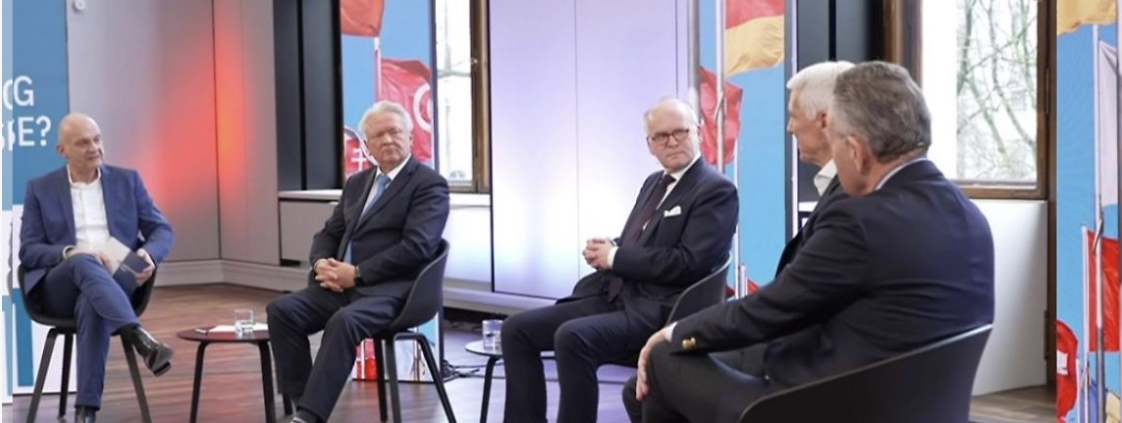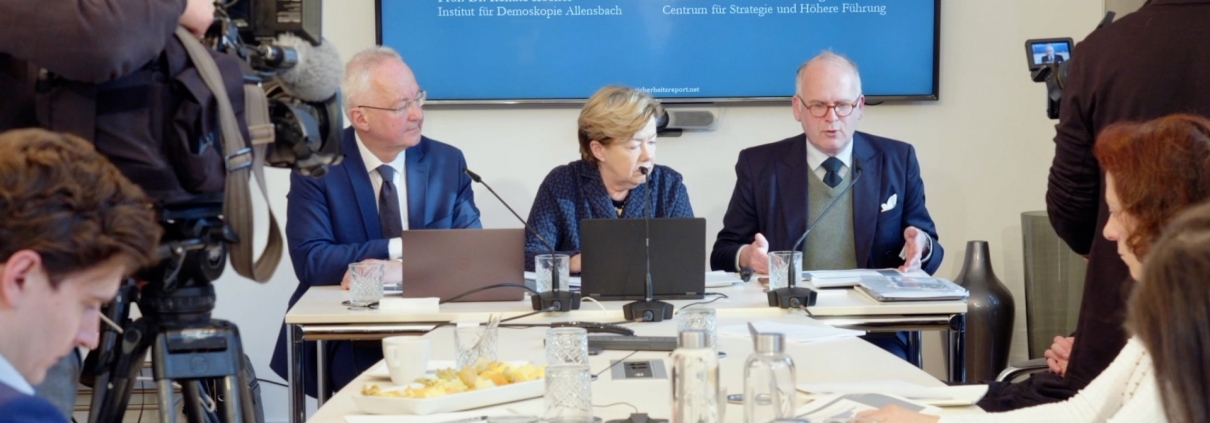Fears of decline in Germany – economic reality meets political communication failure
In his current column in Manager Magazin, Professor Klaus Schweinsberg attests that the middle class is too carefree about the economic situation in Germany. This assessment is also reflected in the Sicherheitsreport 2024 published by the Centre for Strategy and Higher Leadership: while ten years ago, one in four Germans were still worried about unemployment, today only one in ten is concerned about economic decline. The carefree attitude of the middle class contrasts with the fears of German SMEs. Family businesses are unsettled by the consequences of the impending decline of Germany as an economic power. According to Schweinsberg, Olaf Scholz is under pressure to act and speak out.




